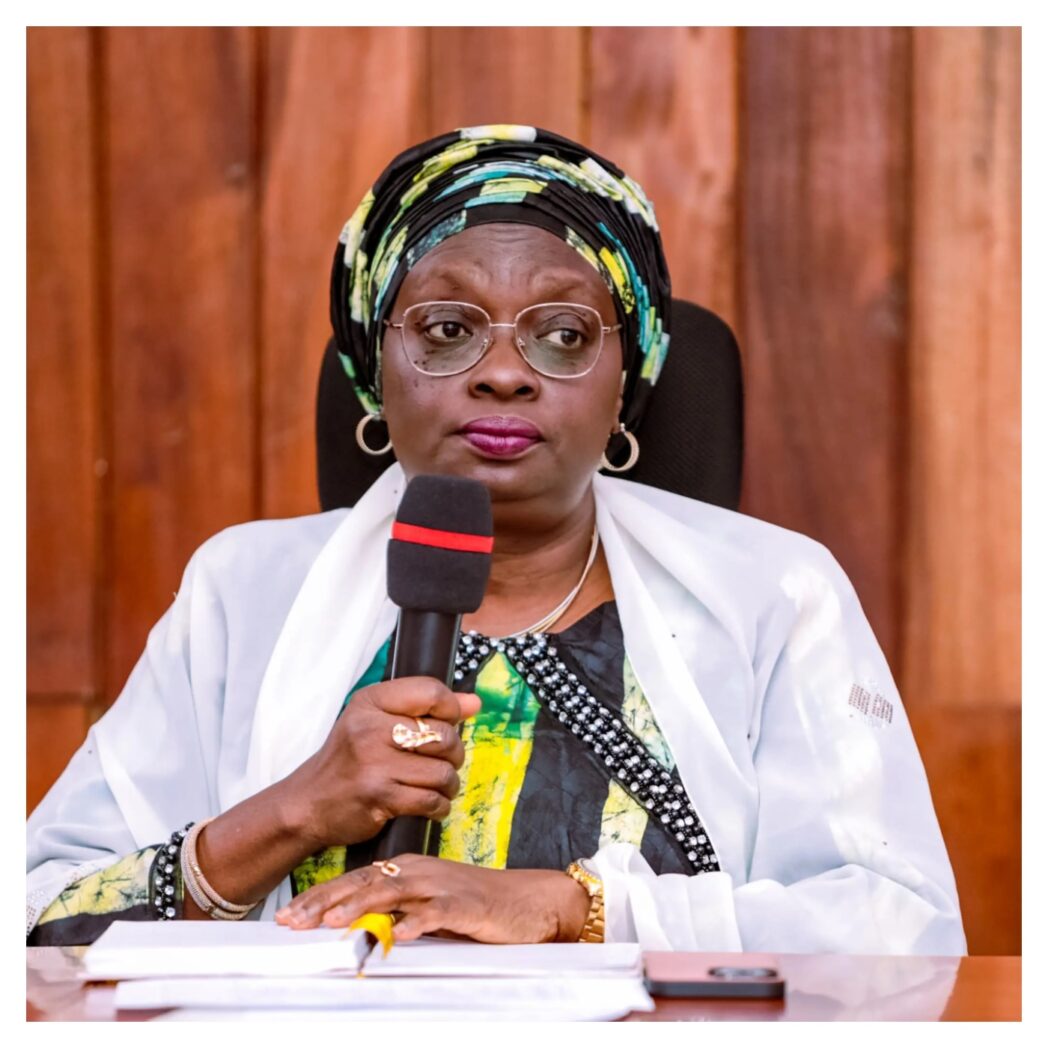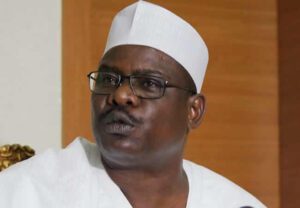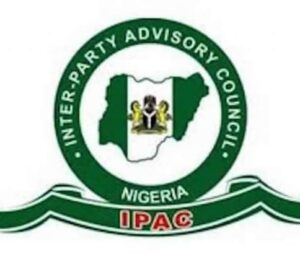
Women in politics not a zero-sum game — Ogun Deputy Governor
Ogun State Deputy Governor, Engr. Noimot Salako-Oyedele, has emphasised that women’s participation in politics is not a zero-sum game, stressing the need to build alliances across gender lines for a more inclusive and effective government.
She made this assertion while delivering the keynote address at the Nigerian Women Leadership and Empowerment Conference 2025, themed “Women Inclusion in Politics: Challenges, Prospects, and the Way Forward.”
The event, held at the NAF Conference Centre in Abuja, was organised by the House of Representatives Committee on Women Affairs and Social Development in collaboration with Nigerian Women International Magazine.
Salako-Oyedele stated that politics should not be a battle of masculinity but rather a partnership aimed at national progress. She dismissed the misconception that women’s political participation threatens male dominance, pointing out that countries with higher female representation in parliament, such as Iceland and Rwanda, tend to have stronger social policies, lower corruption levels, and more inclusive economic growth.
“If we truly want to build a Nigeria where opportunity is available to all, then we must see women in politics not as competitors or usurpers but as partners in progress. The truth is, politics is not a zero-sum game. Increasing women’s representation does not mean taking power away from men; it only means creating a more balanced and effective government,” she said.
The deputy governor further highlighted key barriers preventing women from fully participating in politics, including structural limitations where women are placed in parties with little chance of winning, lack of funding, cultural and social norms that discourage female leadership, and electoral violence and intimidation.
She proposed several solutions to address these challenges, including pushing for affirmative action within major political parties, ensuring sustained political engagement beyond election periods, making funding for female candidates more sustainable, encouraging male allies in the advocacy movement, and urging women to position themselves strategically for leadership roles.
Salako-Oyedele stressed that women’s inclusion in politics is not merely a matter of fairness but a necessity for effective governance, as societies flourish when women have equal opportunities to lead.
Speaker of the House of Representatives, Rt. Hon. Tajudeen Abass, affirmed the House’s commitment to strengthening gender policies and ensuring greater representation for women in politics. He stated that the House would continue to exercise diligent oversight of government institutions to uphold the National Gender Policy, bolster the Women’s Caucus to champion gender-specific issues, and support electoral reforms that mandate a fixed quota of female candidates.
He further revealed that he had recently urged the All Progressives Congress (APC) to include all its female members in the party’s National Executive Committee, marking a historic first for the party.
Also speaking at the event, Hon. Kafilat Adetola Ogbara, Chairperson of the House Committee on Women Affairs and Social Development, said the conference was designed to address the challenges facing female leadership, break barriers, and inspire confidence in future generations of women leaders.
She announced that plans are underway to unveil a national compendium documenting the contributions of women in leadership roles across various sectors. The publication will highlight their achievements and demonstrate their potential for higher leadership positions, benefitting the nation as a whole.
“Each one of us has a role to play in shaping the future of women’s leadership in Nigeria. Together, we can advocate for policies that promote gender equality, support initiatives that empower women, and create avenues where every woman’s voice is heard, valued, and respected. Our voice is our power,” she said.
The conference served as a platform for stakeholders to engage in meaningful discussions on how to enhance women’s political participation and leadership in Nigeria, ensuring a more inclusive and progressive democracy.




